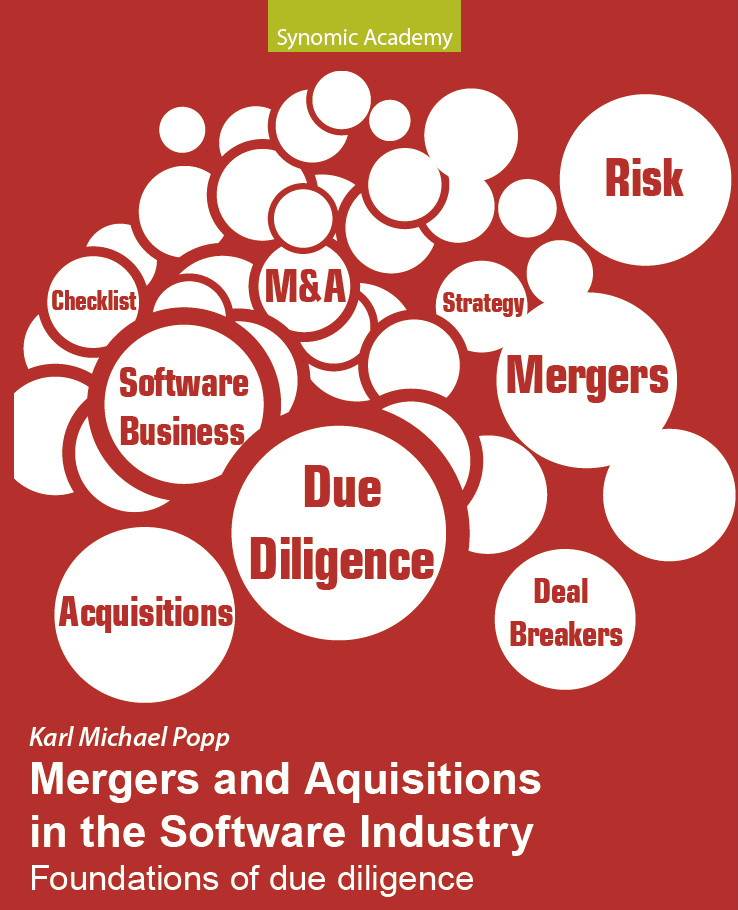Significance of Supply Chain Analytics in Post-Merger Integration
In the process of post-merger integration (PMI), the relevance of supply chain analytics stands out, as these analytical solutions are key to accomplishing the effortless amalgamation of merged firms. The following elucidates the reasons for this assertion:
1. Cost Savings and Efficiency
- The application of advanced analytics serves to meticulously identify and delineate opportunities for substantial cost reductions, while simultaneously streamlining operational processes and augmenting the overall quality of service delivery. The formation of a streamlined supply chain is quite essential for the successful harnessing of these synergies, as it empowers organizations to utilize their collective resources and abilities to boost operational effectiveness.
2. Alignment and Integration
- The utilization of supply chain technology is instrumental in fostering alignment among the various planning models employed by the entities that have undergone a merger, expertly mediating the necessary trade-offs while ensuring that the overarching goals of the newly formed organization are synchronized and cohesive. This technological integration is essential for promoting operational harmony and achieving the desired outcomes of the post-merger integration process.
3. Realizing Synergies Early
- The proficient integration of supply chain processes has the potential to significantly aid acquirers in recognizing and capitalizing on both cost and operational synergies at an early stage of the post-merger integration process, thereby facilitating a more effective and timely realization of the anticipated benefits associated with the merger. This early identification of synergies is crucial for maximizing the strategic value derived from the merger or acquisition.
4. Data-Driven Decision Making
- The insights generated through comprehensive analytics are invaluable for guiding the decision-making processes that drive post-merger value, as they allow organizations to identify overlapping areas, maximize potential synergies, minimize inherent risks, and optimize the overall integration process. Data-informed techniques are key to making sure that the integration is not just productive but also in accordance with the strategic intentions of the newly formed body. [
These aforementioned elements accentuate the critical importance of having a thoroughly integrated supply chain that is adept at unlocking the full potential inherent in mergers and acquisitions. By skillfully leveraging the capabilities of data analytics, businesses are more adept at handling the diverse difficulties associated with the integration process and successfully reaching their strategic aims.
ARE YOU INTERESTED IN A SOLUTION THAT AUTOMATICALLY ANALYZES SUPPLY CHAINS OF ANY COMPANY? CALL ME AND SCHEDULE A DEMO
tel: +4962025829917
karl_popp@hotmail.com
This relates to my new book “Automation of Mergers and Acquisitions“.









